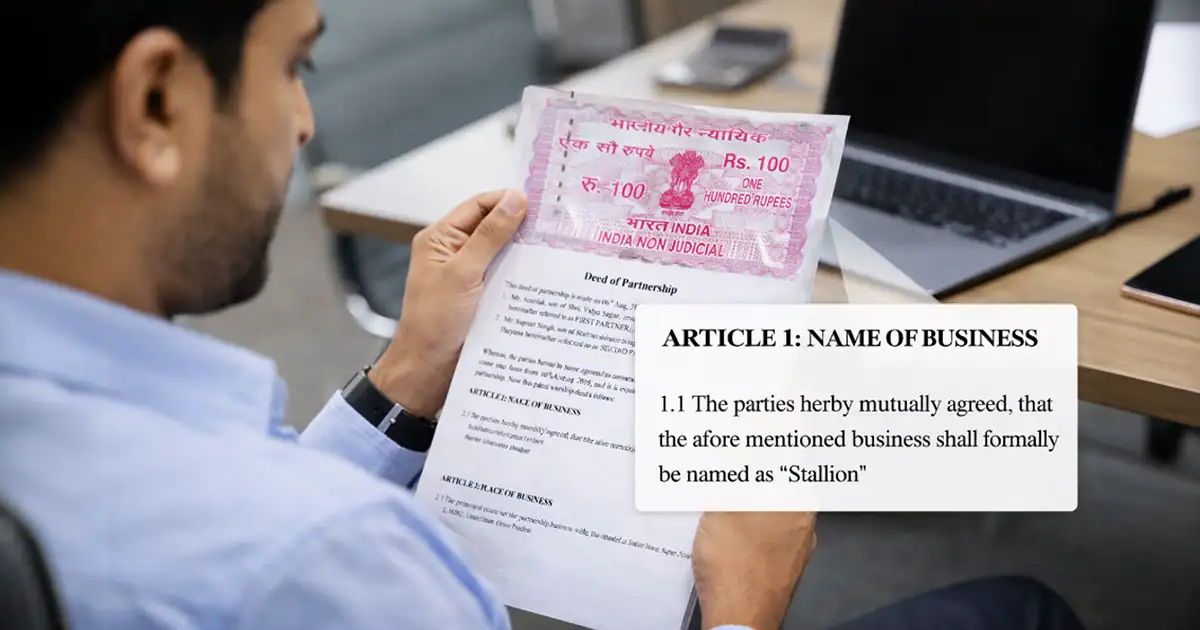ISO 50001 is a global standard for managing energy. It was originally published in 2011 and later revised in 2018 by the International Organization for Standardization (ISO). This standard helps companies use energy better, cut costs, and reduce greenhouse gas emissions.
ISO 50001 demonstrates that a company has a system to track and improve its energy usage, utilizing the structured 'Plan-Do-Check-Act' (PDCA) cycle. This methodical approach helps organizations systematically identify energy-saving opportunities and achieve their energy objectives.
The certification is not issued by ISO itself but by independent third-party certification bodies. In India, these certification bodies are accredited by the National Accreditation Board for Certification Bodies (NABCB) under the Quality Council of India (QCI).
Certification Bodies for ISO 50001 in India
To get ISO 50001 certification in India, companies must choose a recognized ISO 50001 certification body. These bodies perform audits and check if your energy management system meets the standard.
Here are some well-known ISO 50001 certification bodies in India:
- Bureau Veritas India: Offers certification for energy management systems with expert audits.
- TUV Rheinland India (Technischer Überwachungsverein Rheinland): Provides ISO 50001 certification services across various industries.
- SGS India (Société Générale de Surveillance): A global leader that helps businesses get certified and improve energy efficiency.
- DNV GL India (Det Norske Veritas Germanischer Lloyd): Known for auditing and certification of ISO 50001 and other management systems.
- Intertek India: Offers ISO 50001 certification along with training and consulting.
Note: Always verify that the certification body is accredited by NABCB and has relevant experience in your industry before proceeding.
Difference Between ISO 50001 and ISO 14001
Both ISO 50001 and ISO 14001 are international standards that help organizations manage their impact on the environment. But they focus on different systems:
| Aspect | ISO 50001 | ISO 14001 |
| Focus Area | Energy Management System (EnMS) | Environmental Management System (EMS) |
| Purpose | Improve energy efficiency and reduce energy costs | Manage overall environmental impact, including waste, pollution, and resource use |
| Key Benefit | Saves energy and lowers energy bills | Reduces environmental risks and improves sustainability |
| Scope | Energy use in operations and processes | All environmental aspects, like air, water, waste, and legal compliance |
| Approach | Uses the Plan-Do-Check-Act (PDCA) cycle, focused on energy performance | Uses the PDCA cycle, focused on environmental impact and compliance |
| Certification | ISO 50001 certification confirms energy management improvements | ISO 14001 certification confirms overall environmental management |
| Examples of Use | Factories are reducing electricity and fuel consumption | Companies managing waste disposal, emissions, and resource use |
Both standards can be used together to improve a company’s sustainability and compliance.










